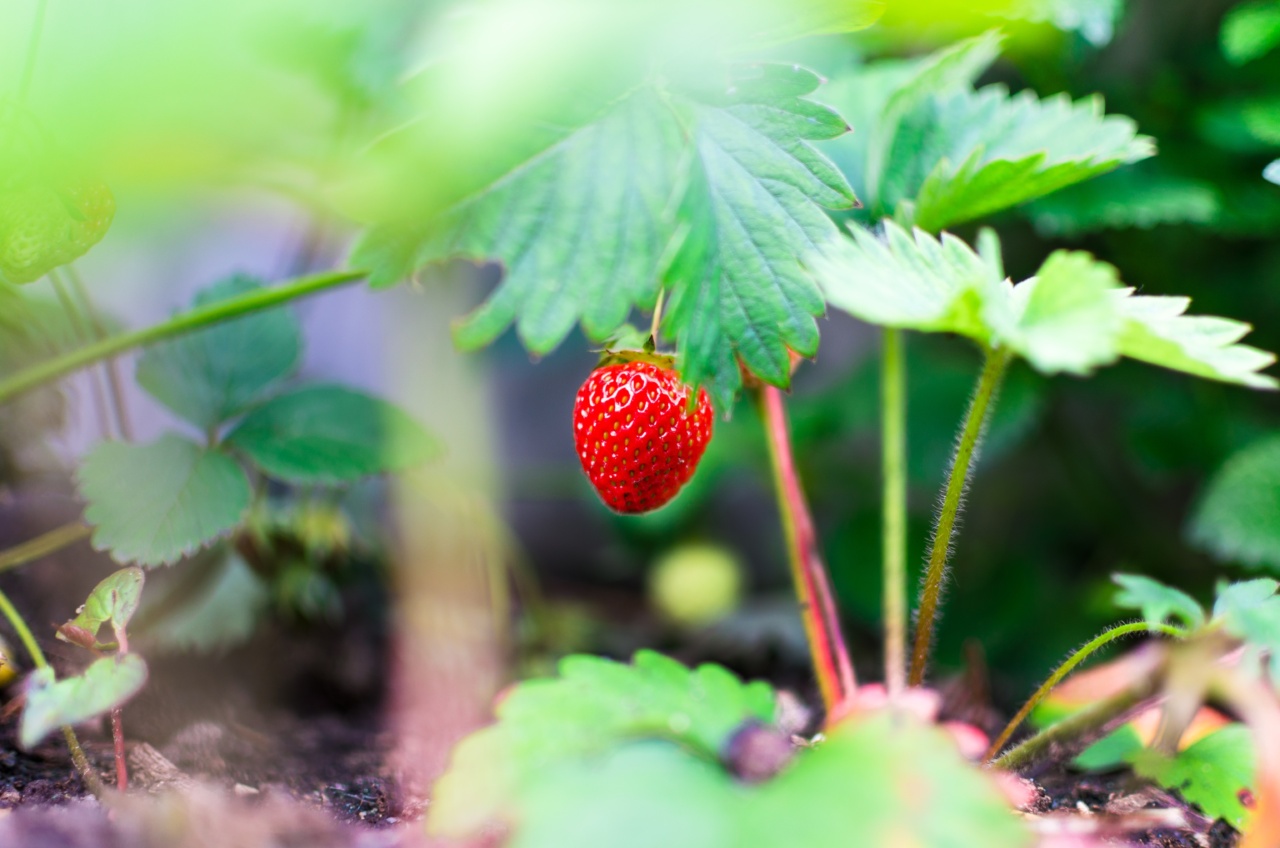Cancer is one of the leading causes of death worldwide, with an estimated 9.6 million deaths in 2018 alone.
While genetics and environmental factors play a significant role in cancer development, research has shown that our dietary choices can also impact our risk of developing this deadly disease. It’s important to be aware of the foods that have been linked to an increased risk of cancer, so we can make informed decisions about what we put into our bodies.
In this article, we will explore some delicious yet unhealthy foods that encourage cancer growth.
1. Processed Meats
Processed meats such as bacon, ham, sausages, and hot dogs are a popular choice for many people. However, these meats have been classified as carcinogenic by the World Health Organization (WHO).
They are high in sodium, nitrates, and nitrites, which can damage our DNA and increase the risk of colorectal cancer. To reduce your risk, consider swapping processed meats for lean sources of protein like chicken, turkey, or fish.
2. Sugary Drinks
Sugary drinks like soda, fruit juices, and energy drinks are packed with added sugars that provide empty calories and very little nutritional value.
Regular consumption of these beverages has been linked to an increased risk of various cancers, including breast, pancreatic, and colorectal cancer. Opt for water, herbal tea, or freshly squeezed juices instead.
3. French Fries and Potato Chips
Who can resist a plate of crispy french fries or a bag of potato chips? Unfortunately, these tempting treats contain high levels of acrylamide, a chemical that forms when starchy foods are cooked at high temperatures.
Acrylamide has been classified as a probable carcinogen by the International Agency for Research on Cancer (IARC). Enjoy homemade baked potato wedges or air-popped popcorn as a healthier alternative.
4. Artificial Sweeteners
Many people turn to artificial sweeteners like aspartame, sucralose, and saccharin to reduce their calorie intake. However, these sugar substitutes have sparked controversy due to their potential carcinogenic effects.
Studies have found a link between artificial sweeteners and an increased risk of bladder, kidney, and blood cancers. It’s best to limit consumption or opt for natural sweeteners like stevia or raw honey.
5. Canned Foods
Canned foods are convenient and have a long shelf life, but they may not be the healthiest choice.
Most cans are lined with a chemical called bisphenol A (BPA), which has been associated with various health problems, including an increased risk of cancer. Choose fresh or frozen foods whenever possible, or look for BPA-free canned products.
6. Grilled and Charred Foods
The charred, smoky flavor of grilled foods may be irresistible, but the cooking process produces compounds called heterocyclic amines (HCAs) and polycyclic aromatic hydrocarbons (PAHs), which have been linked to cancer.
To minimize exposure, marinate meat before grilling, avoid overcooking, and flip frequently. Additionally, use marinades with herbs and spices like rosemary and turmeric, which have been shown to reduce the formation of harmful compounds.
7. Red Meat
While red meat is a good source of essential nutrients like iron and protein, excessive consumption has been associated with an increased risk of colorectal, pancreatic, and prostate cancer. Limit your intake of red meat and choose leaner cuts.
Opt for plant-based protein sources like beans, lentils, and tofu more often.
8. Trans Fats
Trans fats are commonly found in fried and processed foods, such as donuts, pastries, and packaged snacks. These fats increase inflammation in the body and raise bad cholesterol levels, contributing to the development of various cancers.
Read food labels carefully and avoid products that contain partially hydrogenated oils, as they often contain trans fats.
9. Alcohol
Excessive alcohol consumption has been linked to an increased risk of several types of cancer, including breast, liver, and colorectal cancer.
Alcohol is metabolized into a toxic substance called acetaldehyde, which can damage DNA and proteins in our cells. If you choose to drink, do so in moderation and consider opting for red wine, which contains antioxidants that may offer some protective benefits.
10. Highly Salted Foods
A high intake of salt has been linked to an increased risk of stomach cancer.
Consuming large amounts of salt can damage the lining of the stomach and promote the growth of Helicobacter pylori, a bacterium associated with the development of gastric cancer. Be mindful of your salt intake and try to use herbs, spices, and other natural flavorings to enhance the taste of your meals.
It is important to note that while these foods have been associated with an increased risk of cancer, moderation and overall balanced diet are key.
Incorporating plenty of fruits, vegetables, whole grains, and lean proteins into your diet can help reduce your risk of cancer and support overall health.





























